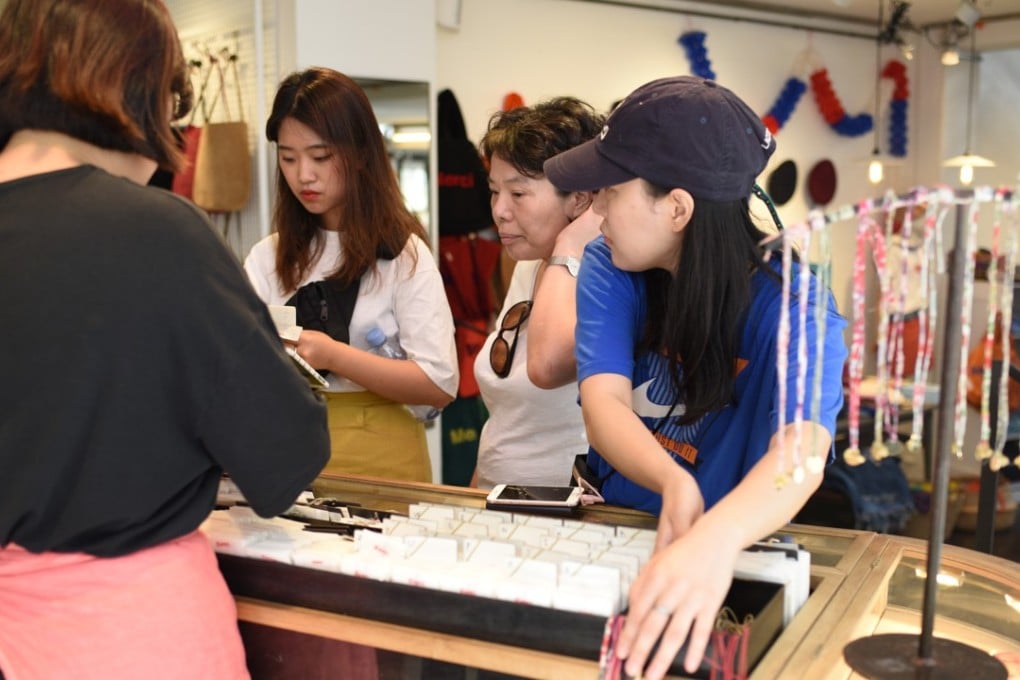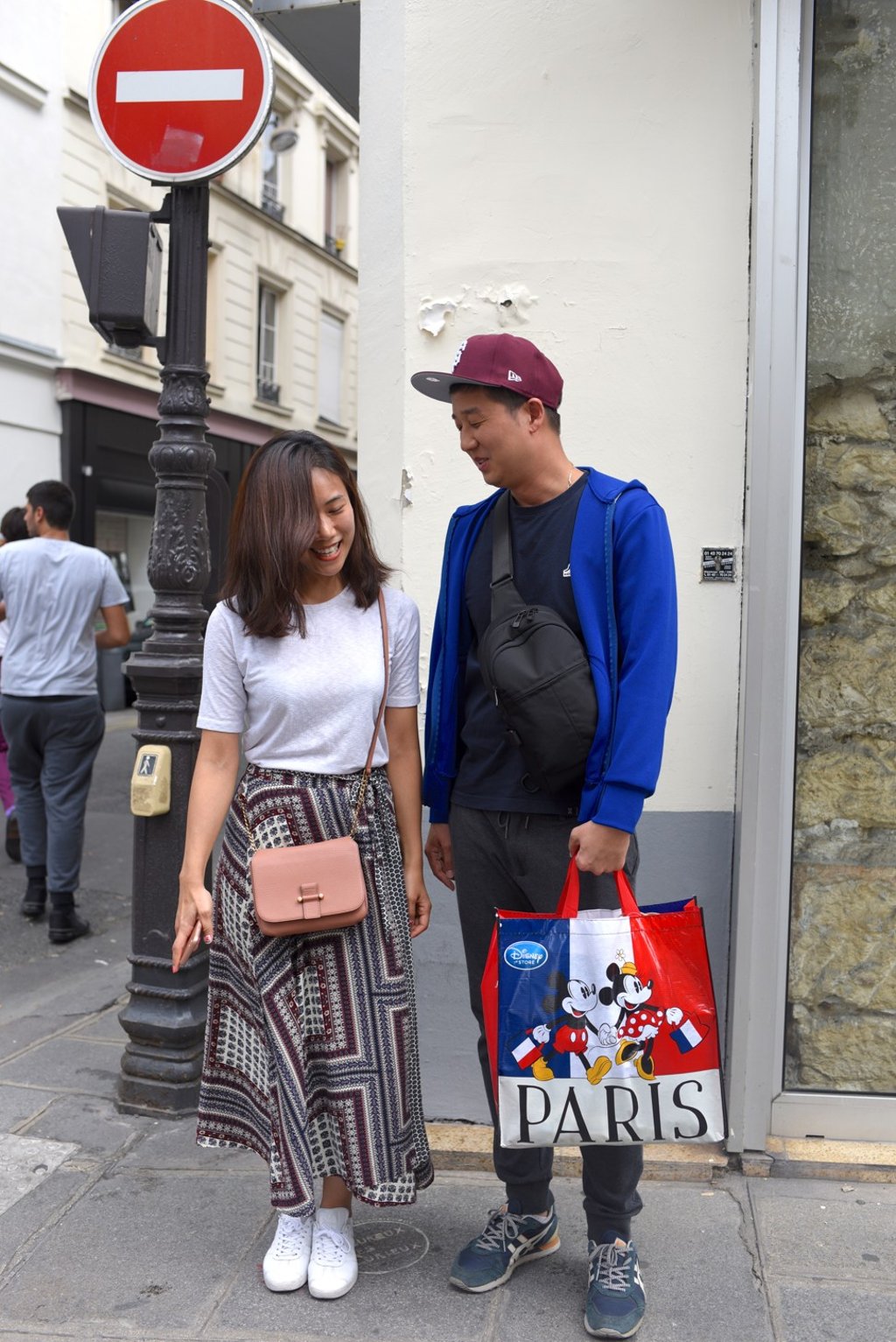Chinese millennial tourists in Paris swap luxury shopping for authentic local experiences, influenced by social media
It’s not cool for young Chinese travellers to queue at upscale Paris department stores like their predecessors. Instead they want to discover Parisians’ real way of life by visiting the best cafes, artisan bakeries, boutiques and concept stores

There is a cultural revolution of sorts under way in the French capital and it has been started by young Chinese tourists.
In the past, the coach loads of tour groups from China would have poured into department stores for the traditional luxury “Paris shopping experience”. These are giving way, however, to a new generation of independent, millennial Chinese travellers who are forgoing places like the Grands Boulevards, the Champs-Elysées and the Golden Triangle that takes in Avenue Montaigne and Avenue George V in favour of exploring the real Paris.
Millennials now account for about 54 per cent of Chinese visitors to Paris, and that number is set to grow, according to Juliette Duveau, founder of The Chinese Pulse, a marketing agency that promotes luxury, fashion, lifestyle and tourism to young Chinese travellers.
Duveau describes the new breed of Chinese traveller as ambitious, adventurous, culturally curious, and hungry for discovery and cultural enrichment.
“Millennials are rejecting the romanticised routes so faithfully followed by their predecessors for a more individual, creative and truly Parisian stay,” she says. “They want to be insiders, to know the best local addresses. It’s a new tendency.”

Duveau explains that there is a concerted search for authenticity and a desire to participate in real Parisian life among Chinese millennials. “They are much more savvy and open to change, as they travel often. Thanks to social networks and mobile apps, they are very in tune with fashion and cultural trends, and ready to sniff out the more hidden places for a truer travel experience, compared to the usual tourist stamping grounds.”